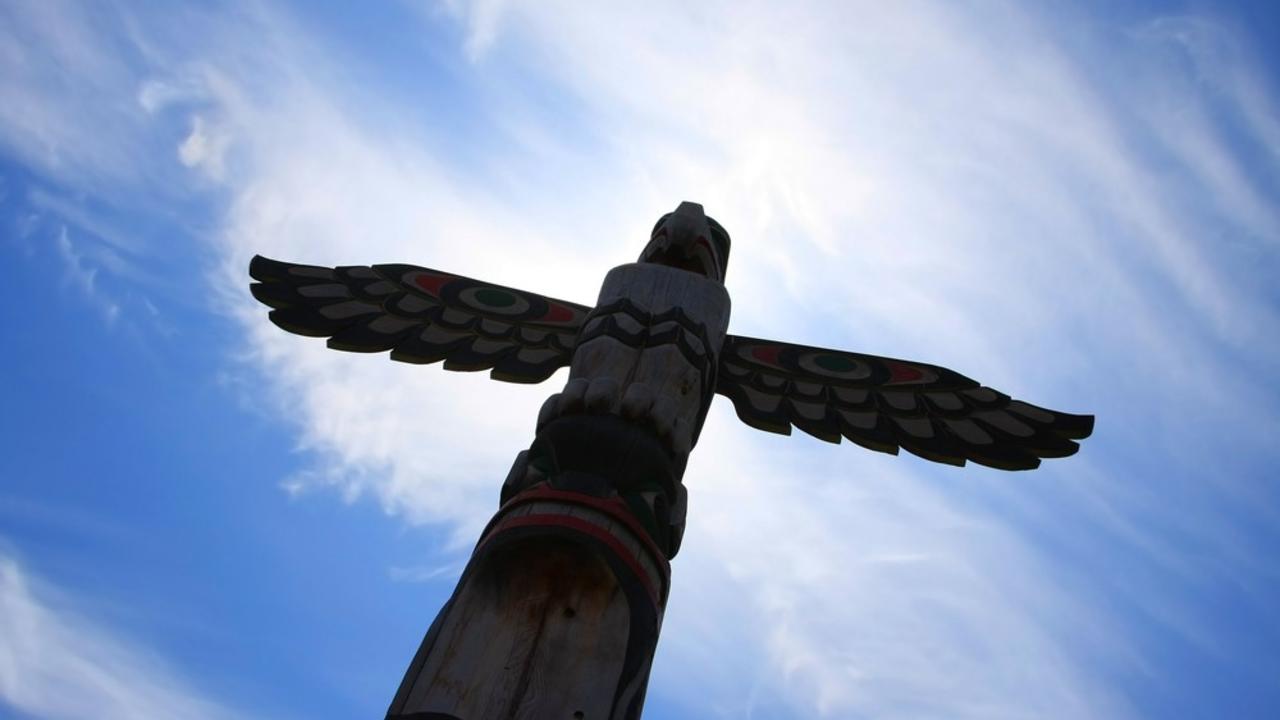Indigenous Knowledge and Reconciliation

Indigenous peoples have been subjected to cultural genocide for over a century in North America and elsewhere around the world. Through the establishment of policies and laws, Canadian and other governments have attempted to assimilate Indigenous peoples and strip them of their sense of identity and existence. This includes expropriating land from Indigenous peoples, forcing their relocation, banning traditional languages and spiritual practices, disrupting families in order to prevent the passing down of cultural knowledge, among other atrocities that aimed to destroy Indigenous cultures. Despite the many harms that Indigenous peoples have faced in the past and continue to face today, Indigenous cultures have persevered and continue to exist. Reconciliation between Indigenous peoples and non-Indigenous North Americans is necessary in order to cease the attack on Indigenous knowledge and ways of being and move forward in mutual respect.
In 2008, Indigenous survivors of residential schools, schools created in order to separate Indigenous children from their parents and prevent the continuation of Indigenous cultures, expressed their need for justice and healing. This directly resulted in the creation of Canada’s Truth and Reconciliation Commission which aims to highlight the voices of Indigenous survivors and reconcile past harms. It is stated within the Principles of Truth and Reconciliation that “the perspectives and understandings of Aboriginal Elders and Traditional Knowledge Keepers of the ethics, concepts, and practices of reconciliation are vital to long-term reconciliation” and that “supporting Aboriginal peoples’ cultural revitalization and integrating Indigenous knowledge systems, oral histories, laws, protocols, and connections to the land into the reconciliation process are essential.” (From “What We Have Learned: Principles of Truth and Reconciliation” by the Truth and Reconciliation Commission of Canada.)
One important way of working towards reconciliation is incorporating aspects of Indigenous knowledge into educational institutions. This means including accurate representations of Indigenous history and contributions that Indigenous peoples have made into school curricula. In order to work towards a racism-free society and world, it is necessary to increase and deepen education about Indigenous cultures and experiences.
Additionally, Indigenous knowledge surrounding the environment, such as Traditional Ecological Knowledge (TEK) which is gained over thousands of years of living on the land, is integral in order to fight climate change and biodiversity loss. Indigenous peoples who witness dramatic changes in the environment, such as altering migration patterns of caribou and the decline of salmon populations, use TEK in order to identify these changes. Similarly, the Indigenous peoples of Australia have been using fire to control biodiversity and manage forests for thousands of years. These practices are being adopted by land managers working with Indigenous communities in order to maintain healthy ecosystems.
By acknowledging, respecting and seeking partnerships in order to incorporate Indigenous knowledge into systems that have historically ignored and discarded Indigenous voices, we move closer to reconciliation and benefit as a whole from deeper, and broader ways of knowing. We all have a great deal to learn and can benefit immensely from Indigenous wisdom.
However, we must also recognize that Traditional Ecological Knowledge has at times been appropriated and used out of context by non-Indigenous people. It is important that any use of TEK be done with full consent, as guided by the Indigenous community. Embracing Indigenous knowledge is one step towards a more just future on the path of reconciliation.
What ecologists are learning from Indigenous peoples
What reconciliation is and what it is not
Stay connected with news and updates!
Join my mailing list to receive the latest news and updates. Your information will not be shared.

